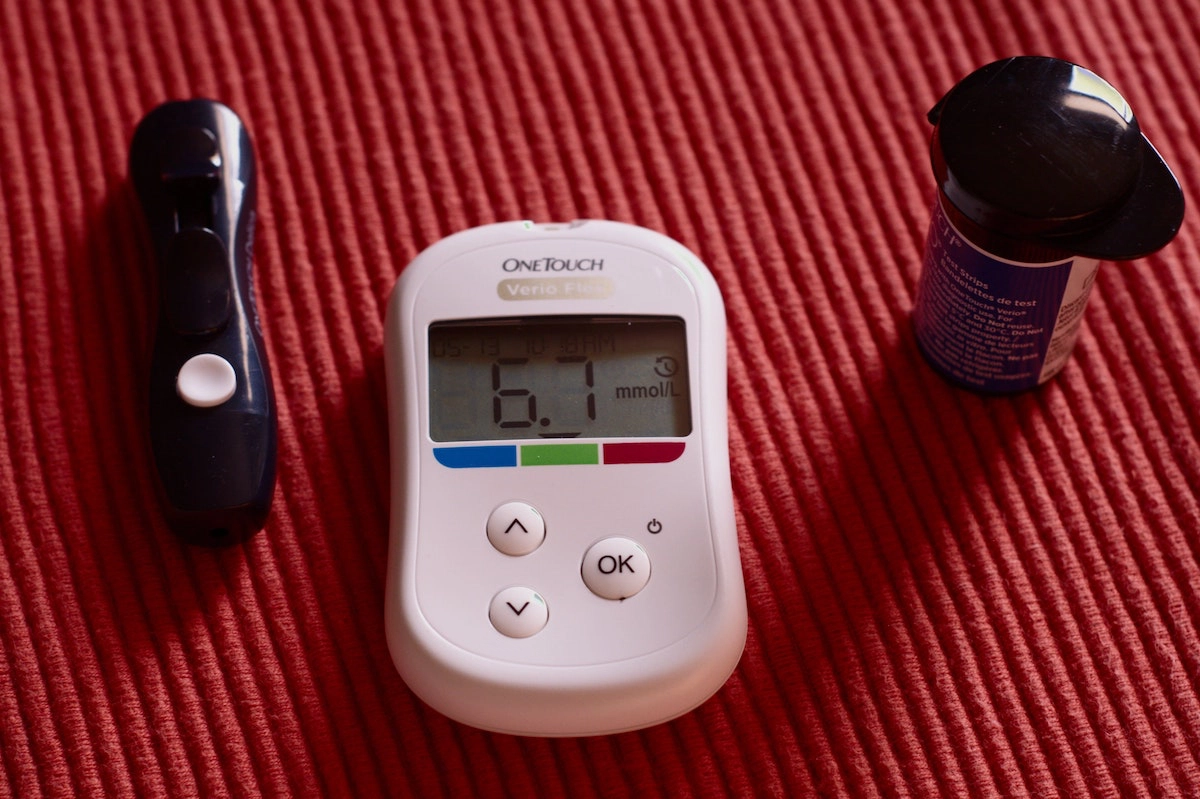What Do Your Eyes Say About Your Health? More Than You’d Think
Have you ever noticed small fluctuations in your vision from day to day? Or did your eye doctor recently prescribe you glasses, even though you didn’t need them when you were younger? This isn’t a trick of the lights or a practical joke — it turns out our vision directly corresponds to overall health and wellness beyond just our eyes. That means for optimal eye health, you should aim to keep every part of your body in tip top shape.
So what can your eyes tell you about your health, and vice versa? Here are just a few examples.
Blood Sugar and Diabetes
It’s no secret that diabetes affects the entire body, but did you know high blood sugar has an enormous impact on vision? When a diabetic’s blood sugar is uncontrolled, it is more likely to fluctuate rapidly. The blood sugar swings can cause the eye’s lens to swell, which is a common reason for vision change. The lens is a major factor in determining your need for glasses or contacts. This swelling is typical of diabetic retinopathy which involves the back of the eye becoming damaged by blood vessels, leading to loss of vision. Excess blood sugar can also lead to damage in the retina, which can result in permanent vision loss if not appropriately monitored and treated!
The most common occurrence of diabetic retinopathy is known as the non-proliferative version. As the name suggests, people with non-proliferative diabetic retinopathy experience visual disturbances from tiny blood vessel leaks in their eye. These leaks make the retina swell, and soon symptoms like blurry and distorted vision start to appear. Macular edema starts to develop over time if blood sugar levels aren’t reigned in, which cuts out portions of your vision for good.
Proliferative diabetic retinopathy is the next step up, and is far more troubling. With PDR, high blood sugar levels start to produce brand new, unwelcome blood vessels in the retina which easily bleed into the vitreous (the gel in the back part of your eye). When the bleeding is excessive, scarring can permanently steal away vision and put you at risk for retinal detachments. Moral of the story: watch your blood sugar levels closely!
Diet and the Macula
Nutrition plays one of the biggest parts when it comes to leading a healthy lifestyle. Along with good exercise habits, a clean diet can increase your energy, improve your mood, and give your body the building blocks it needs to function properly. While those who eat takeout everyday are at risk for many problems down the road, one potentially dangerous eye disease is known to be a common visitor: macular degeneration.
The macula thrives off of good food. With proper nutrition, it helps the eye achieve finer detail while focusing on things close and far, such as road signs or small print. Wondering what foods are good for eye health? Meals high in flavonoids (like broccoli, kale, spinach, berries, grapes—and yes, carrots) contain the micronutrients necessary for the job.
But without the leafy greens and colorful, raw vegetables to enrich your body’s diet, the macula suffers and cannot regenerate its cells efficiently. Later in life (and sometimes earlier) vision deteriorates because the macula is slowly losing its edge! As a result, central vision declines, and in worse cases your entire eyesight is rendered nearly useless. So stock up on the fruits and veggies to keep those maculas sharp!
Stress and Migraines
Mental health often plays into physical health, and that fact couldn’t be more true when ocular wellness factors into the equation. A clear mind allows your eyes to do their job unhindered and with optimal focus. Imagine what happens, then, when you factor in late assignments, poor sleep, junk food, overwhelming work schedules, and a few too many doses of caffeine! According to studies, nothing good.
Stress can also kickstart ocular migraines — they vary from person to person along with their impact on vision. Some people report minor headaches coupled with flashing lights in their eyes, while others withstand severe pain and, because of the pain, severe light sensitivity, sound sensitivity or even a sparkling or flashing of light which can spread throughout the vision field. Such vision changes usually occur prior to onset of the headache and resolve within an hour, though the subsequent headache can last longer. Because the stimulants can range from stressful activities to unhealthy foods and even chemicals, it’s important to try and identify what causes your migraine so you can minimize the gamble of experiencing another. Practicing calming routines which relax your mind can also keep your vision clear and functional when migraines are a problem.
Note: if you ever experience sudden vision changes, always visit your eye doctor for help! Most providers will screen you for neurological warning signs to rule out problems with your brain’s visual cortex. Vision is the one of your most valuable senses — never risk losing it!
Deal With Dry Eye
One ‘honorable’ mention for this list is Dry Eye Syndrome. However, the irritation and stinging from dry eye is often attributed to your daily habits such as screen time and reading, rather than body health (although the two can certainly be linked). Though proper hydration and omega-3 fatty acids in foods like flaxseed oil or fish (or supplements!) can help the oil glands properly function and naturally fight dry eye!
Eye drops are a frequent and well-accepted remedy for symptoms related to dry eye—it never hurts to instill some every now and again to refresh the eye’s surface and keep your vision clear. But did you know eye drop bottles are designed to produce too much solution than is necessary for the eye to absorb? This is true for artificial tears, glaucoma drops, and more.
If you’re keen to save money and protect your eyes at the same time, the Nanodropper Adaptor reduces those drops to a more appropriate size, making it easier than ever to keep your eyes feeling fresh without breaking the bank!
This article has been reviewed by a medical professional. Please consult your eye doctor for medical advice.



